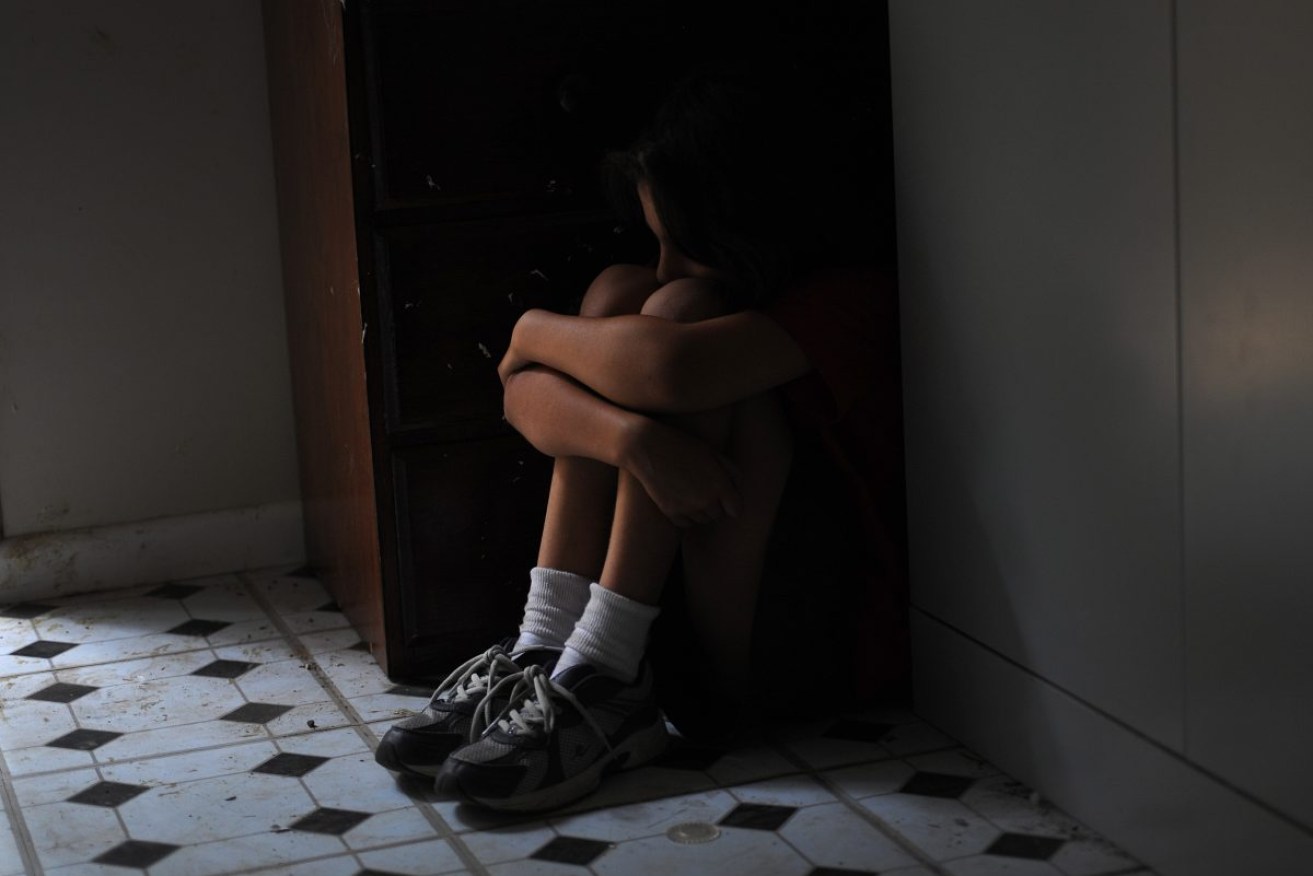Giving up on our vulnerable young is not an option
While some believe child protection to be an intractable – even unsolvable – challenge, Junction CEO Maria Palumbo says sensible, practical policy across community and government agencies can and must make a difference.

Photo: AAP/Joe Castro
It’s complex. There are no answers. We’ve seen it all before. It can’t be fixed. You’ll never ‘win’.
Many of the most vulnerable children in our state have been failed. But that’s not the only crisis. The saddest thing is a growing acceptance in the community that nothing can be done. No change will make a difference.
Apart from being entirely wrong, what does this attitude say to the staff working tirelessly with these kids and families on the frontline? To the foster parents who are opening their hearts and homes and helping these children and teens to reach their potential? Most importantly, what message does this send to the kids themselves?
The good news is, I don’t believe the Malinauskas Government is giving up.
I want to make it clear – the government should not, and cannot, be held responsible for the welfare of every single child in South Australia 24/7. However, what government does have is the power to drive change through policy, funding and legislation.
Here are three things government can do to not only help children and families at the bottom of the cliff but also stop them from falling in the first place.
Firstly, we know a significant number of young people who have an experience with the care system go on to have children in their late teens and early twenties, and the likelihood of those families having contact with the child protection system is more than 70 per cent. A wider government focus is needed to support young people before and after they leave care, especially those who are pregnant or who are already parents.
Government should not, and cannot, be held responsible for the welfare of every single child in South Australia 24/7. What government does have is the power to drive change through policy, funding and legislation
Junction, together with The Australian Centre for Social Innovation, is delivering a pilot program funded by the Paul Ramsay Foundation to work directly with young families who have been involved with the care system. Such programs build life skills among those in care and have proven to benefit not only the young people but also the broader community.
Government needs to get behind every young person in this situation if it is serious about curbing the ever-increasing flow of children into the system. We also need to recognise the reality of the 4800-plus kids in care right now who urgently need and deserve both help and hope.
That brings me to kinship and extended family care as the next priority.
Undeniably, the best place for children is with their birth family but for many reasons this is just not possible. Gallons of research and evidence clearly demonstrate that the next best option is for these children to at least stay connected to extended family or kin.
Maintaining family links is so critical to a young person’s mental and emotional health because, in nearly every case, it’s where they feel they can best relate and belong. It’s also integral for connection and culture, especially for Aboriginal children and teenagers.
There is effort in the sector to achieve this, but mostly, it fails to happen. Not because the children or potential aunties, uncles, grandparents don’t want it to happen but because they aren’t supported enough to do this for the long term. A concentrated strategy – that goes way beyond recruitment – that is supported by funding needs to be developed to support kinship care to truly become a long-term viable option for children who can’t live with their biological parents.
Thirdly, we need to have common goals to which we are held accountable by clear legislation and communication. Everyone needs to be on the same page – government agencies, community organisations and, of course, parents and carers themselves.
Child protection is tough. However, we cannot throw our hands up in the air and resign ourselves to that being the end of the story – or let anyone peddle that narrative.
Maria Palumbo is CEO of Junction, a social enterprise supporting more than 10,000 South Australians each year through housing and community services.




